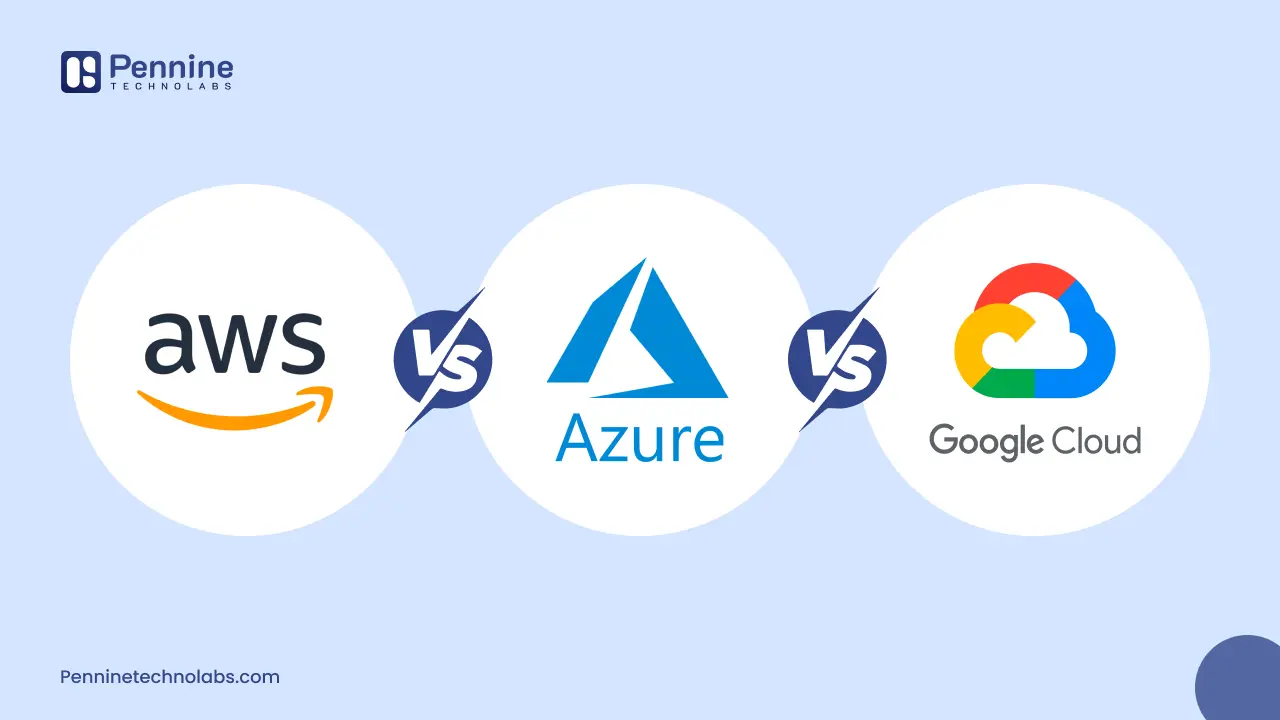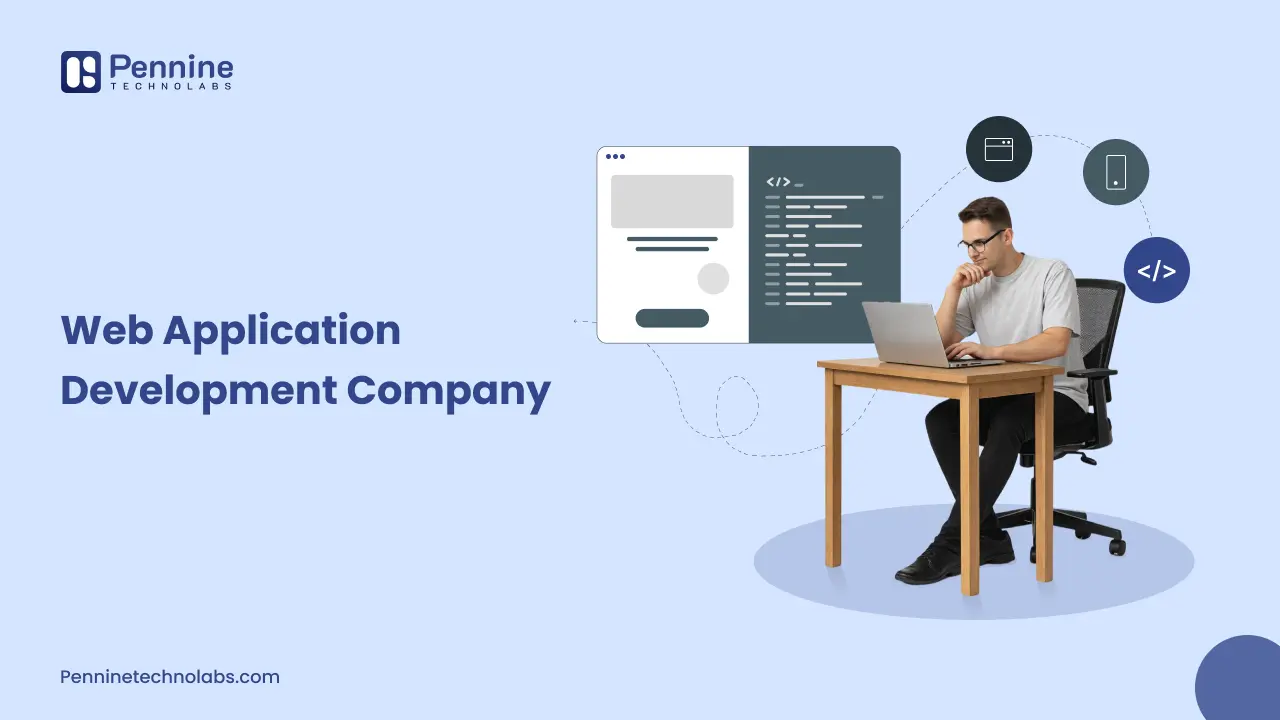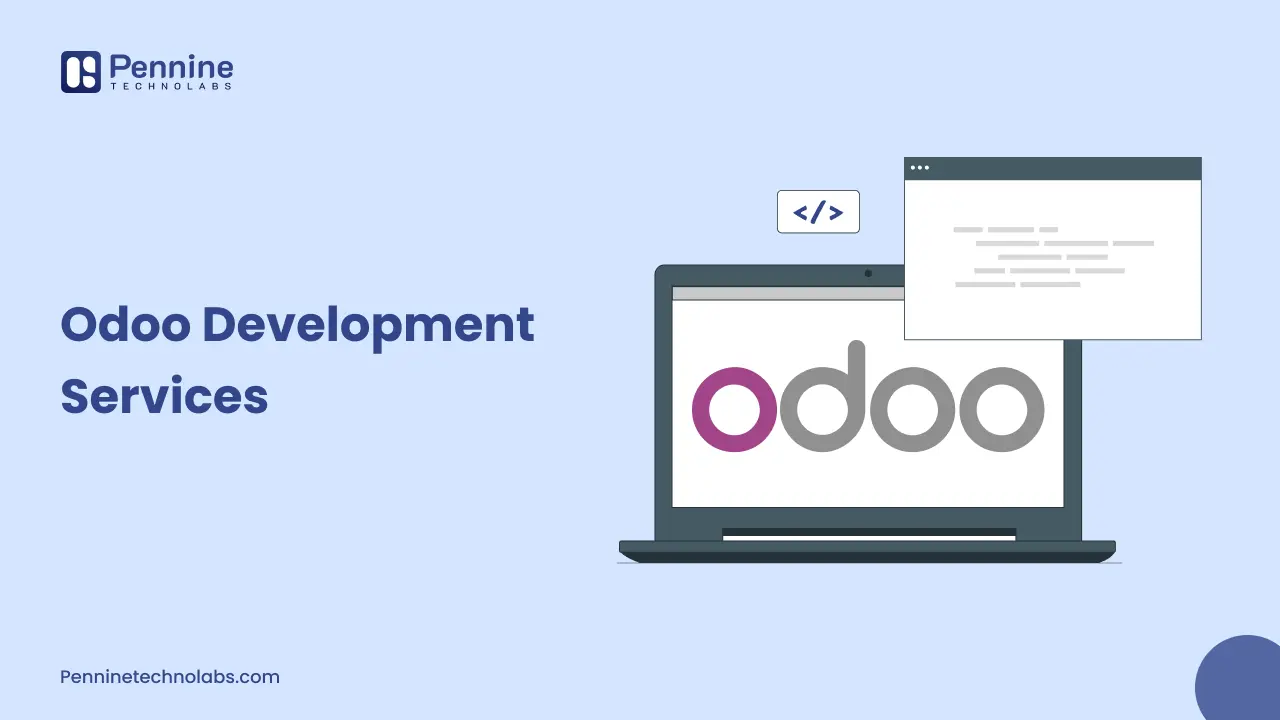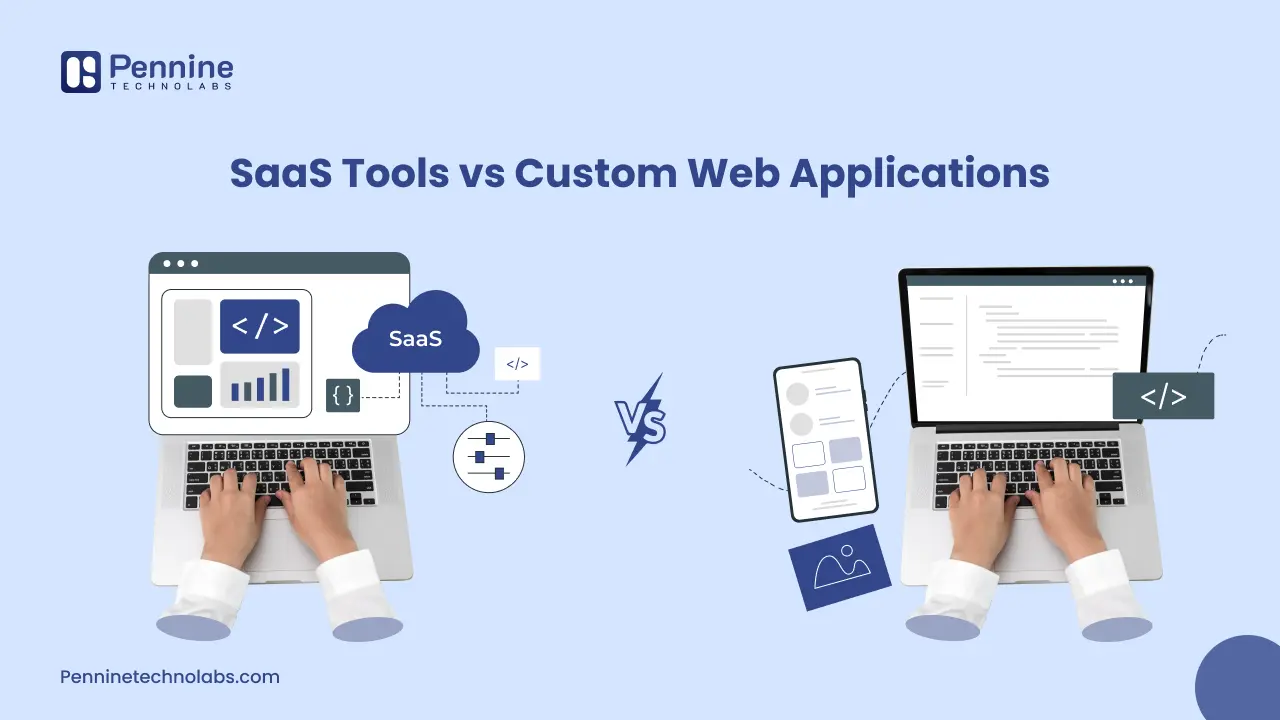Quick Summary: Our in-depth comparison between the leading web cloud services providers breaks it all down with real-world advantages, use cases, pricing, tools, and limitations, so you can choose a platform that doesn’t just support your business but propels it forward.
Choosing a cloud platform today is more than picking a name with global servers. This is about finding the right fit to build, grow, and compete your business. Whether you are launching a SaaS startup, scaling an enterprise system, or upgrading an IT legacy, your cloud choice affects everything from speed and security to scalability and cost.
Three big platforms lead the market: Amazon Web Services (AWS), Microsoft Azure, and Google Cloud Platform (GCP). They all offer robust features, but each does so in its unique way. This isn’t about naming the “best” cloud. It’s about AWS vs Azure vs Google Cloud: which one is best for you?
Amazon Web Services (AWS)
AWS is the most widely adopted cloud platform, controlling approximately 31% of the global cloud infrastructure market as of Q1 2025 (Statista). It provides more than 200 fully featured services in calculation, storage, networking, AI, machine learning, and IoT. The strength of the AWS web services platform lies in its scale, global infrastructure, and wide range of services.
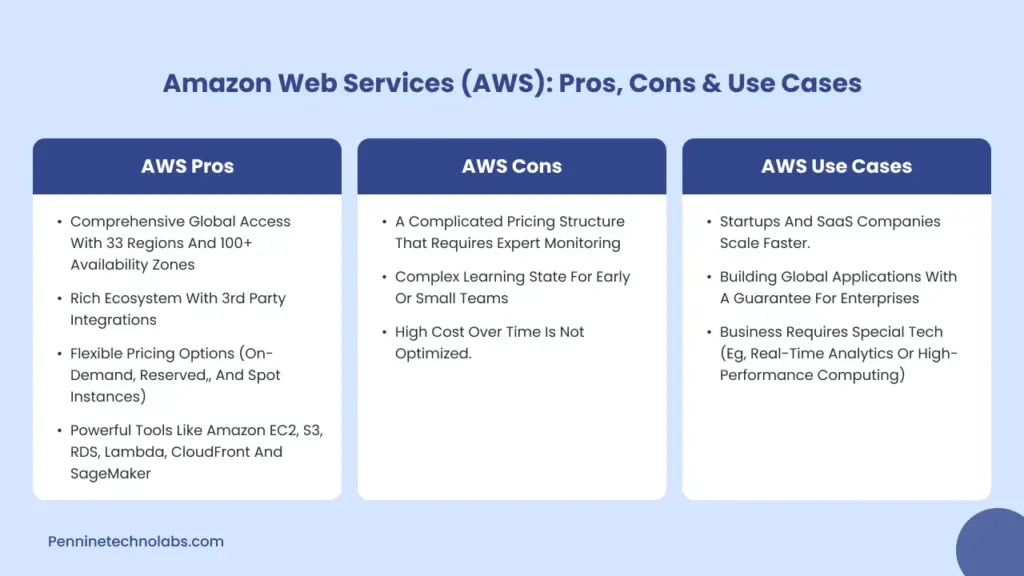
What is AWS?
Amazon Web Services (AWS) is a comprehensive cloud computing platform developed by Amazon. Launched in 2006, it offers a wide range of cloud-based services. AWS global infrastructure allows businesses to manufacture and deploy rapid applications without the management of physical servers. Whether you are hosting a website, producing a SaaS product, or running big data analytics, AWS Cloud Consulting Services provides the equipment and flexibility to grow as your needs change.
AWS Pros
- Comprehensive global access with 33 regions and 100+ availability zones
- Rich ecosystem with 3rd party integrations
- Flexible pricing options (on-demand, reserved,, and spot instances)
- Powerful tools like Amazon EC2, S3, RDS, Lambda, CloudFront and SageMaker
AWS Cons
- A complicated pricing structure that requires expert monitoring
- Complex Learning state for early or small teams
- High cost over time is not optimized.
AWS Use Cases
- Startups and SaaS companies scale faster.
- Building global applications with a guarantee for enterprises
- Business requires special tech (eg, real-time analytics or high-performance computing)
Microsoft Azure
Azure has approximately 24% of the Cloud Infrastructure Market (Statista, 2025), primarily due to Microsoft’s dominance in enterprise IT. Azure Windows provides deep integration with Microsoft services, including server, Active Directory, and SQL Server. It is a platform for modernized enterprises that allows them to leverage their existing IT investments.
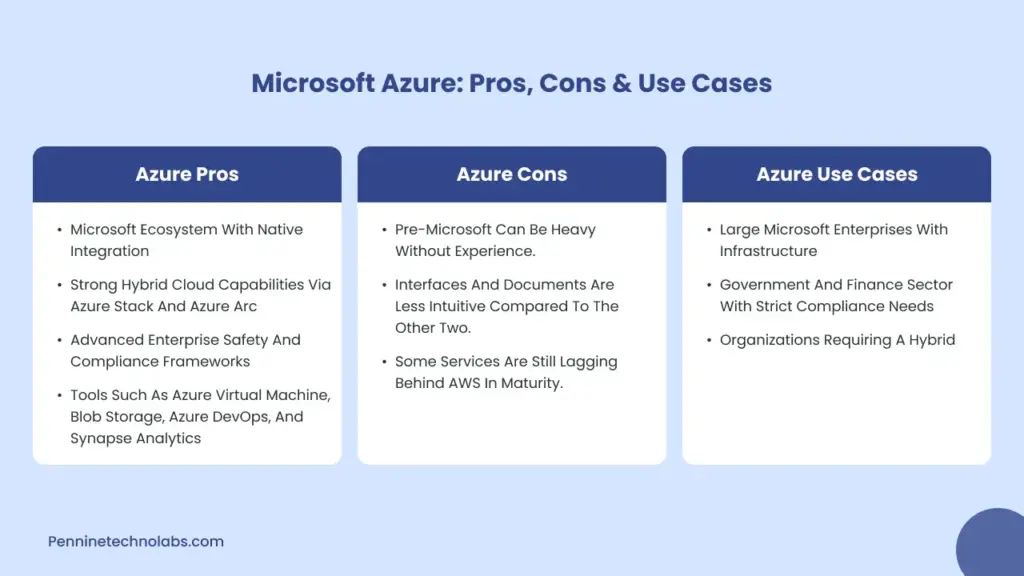
What is Microsoft Azure?
Microsoft Azure is a cloud computing platform developed by Microsoft and launched in 2010. It offers a comprehensive set of services, including virtual machines, databases, networking, AI, and developer tools. This enables businesses to modernize their IT infrastructure, create cloud-native applications, and scale globally, maintaining strong compliance and safety standards. Azure is a favorite option for enterprises that already rely on the Microsoft Ecosystem.
Azure Pros
- Microsoft ecosystem with native integration
- Strong hybrid cloud capabilities via Azure Stack and Azure Arc
- Advanced enterprise safety and compliance frameworks
- Tools such as Azure Virtual Machine, Blob Storage, Azure DevOps, and Synapse Analytics
Azure Cons
- Pre-Microsoft can be heavy without experience.
- Interfaces and documents are less intuitive compared to the other two.
- Some services are still lagging behind AWS in maturity.
Azure Use cases
- Large Microsoft enterprises with infrastructure
- Government and finance sector with strict compliance needs
- Organizations requiring a Hybrid
Also Read: AI in Web Development: Benefits, Trends and Use
Google Cloud Platform (GCP)
Google Cloud Website market share excels in specific areas, including approximately 11% (Statista, 2025), such as Google Cloud AI, machine learning, data analytics, and developer experience. It powers products such as Gmail, YouTube, and Google Search, so its infrastructure has undergone thorough testing.
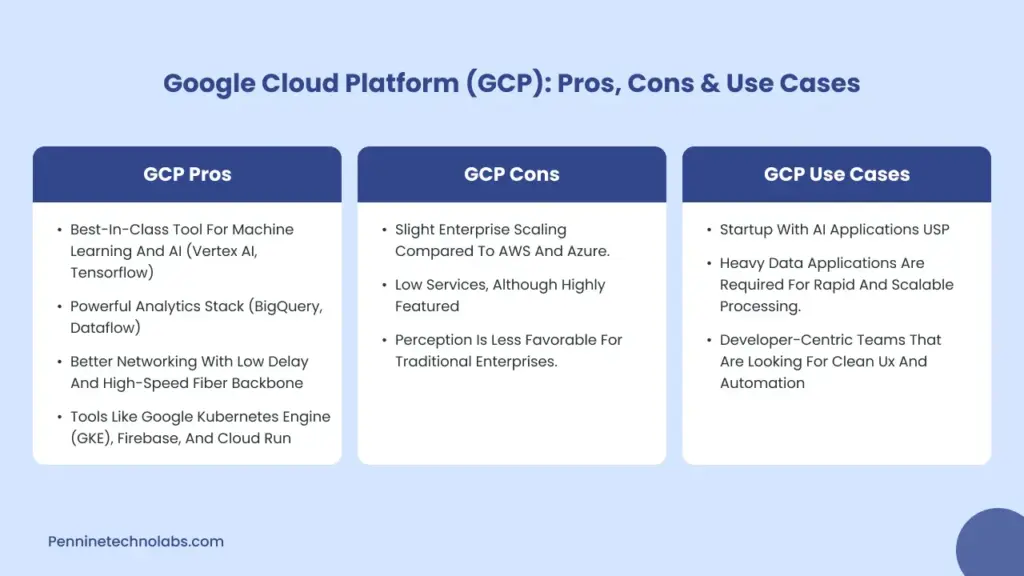
What is Google Cloud Platform (GCP)?
Google Cloud Platform (GCP) is a suite of cloud services offered by Google, officially launched in 2011. GCP powers Google’s products, including Gmail, YouTube, and Google Search, and provides the same infrastructure to businesses of all sizes. It’s known for cutting-edge capabilities in artificial intelligence, machine learning, data analytics, and container orchestration. Tools like BigQuery, TensorFlow, and Google Kubernetes Engine (GKE) make Google Cloud Platform Services a top choice for tech-forward teams and data-heavy workloads.
GCP Pros
- Best-in-Class Tool for Machine Learning and AI (Vertex AI, Tensorflow)
- Powerful Analytics Stack (BigQuery, Dataflow)
- Better networking with low delay and high-speed fiber backbone
- Tools like Google Kubernetes Engine (GKE), Firebase, and Cloud Run
GCP Cons
- Slight enterprise scaling compared to AWS and Azure.
- Low services, although highly featured
- Perception is less favorable for traditional enterprises.
GCP Use cases
- Startup with AI applications USP
- Heavy data applications are required for rapid and scalable processing.
- Developer-centric teams that are looking for clean ux and automation
Choosing the Right Cloud Provider
Best Performing Cloud Services
All three provide high availability, low latency, and global access. AWS has the widest infrastructure, Azure has the most areas covered, and GCP has the fastest backbone network.
Cloud Platform Costing
- AWS: Pay with flexible pricing, but it can be expensive if not handled properly
- Azure: Offers hybrid benefits for the current Microsoft license
- GCP: Known for continuous-use and committed-use discounts
Security
All the cloud platform services are secure and certified with compliances. Though Azure stands out in specified industries, AWS in security tooling, and GCP in trusted models.
Web Application Integration
- AWS: It has a strong ecosystem but requires custom integrations by website developers
- Azure: It is integrated Seamless with all the Microsoft products
- GCP: It is the best open-source tool and CI/CD pipeline for software development.
Services Offered
| Category | AWS | Azure | GCP |
|---|---|---|---|
| Compute | EC2, Lambda, ECS | Virtual Machines, Functions | Compute Engine, Cloud Run, GKE |
| Storage | S3, Glacier, EBS | Blob Storage, Disk Storage | Cloud Storage, Filestore |
| Networking | VPC, Route 53, CloudFront | Virtual Network, ExpressRoute | VPC, Cloud Load Balancing |
| Databases | RDS, DynamoDB, Aurora | Azure SQL, Cosmos DB | Cloud SQL, Firestore, Bigtable |
| AI/ML | SageMaker, RedShift, Kineses | Azure ML, Synapse Analytics | Vertex AI, TensorFlow, BigQuery |
| Analytics | Redshift, Athena | Synapse Analytics | BigQuery |
| DevOps | CodePipeline, CloudFormation | Azure DevOps, ARM templates | Cloud Build, Cloud Deploy |
Business Use Case Alignment
Before choosing a platform, define what you’re trying to achieve.
| Business Need | Best Platform |
|---|---|
| Launching scalable SaaS or eCommerce | AWS |
| AI/ML innovation, big data processing | Google Cloud |
| Hybrid cloud or on-premise integration | Azure |
| Cost-sensitive development projects | Google Cloud |
| For Global Scalability | AWS |
| For Large-scale, High-Uptime Needs: | AWS |
| Deep Microsoft stack integration | Azure |
Let your business model shape the platform choice, not the other way around.
Conclusion
There is no one-size-fits-all answer when talking about cloud platforms. AWS professional services performs well to scale and flexibility, and the Google Cloud Platform works with innovation in AI and Analytics. The right choice depends on your business model, internal expertise, regulatory requirements, and future goals.
Pennine Technolabs is with you building the best cloud platform for your business to scale at a larger market. If you are building for scale, AWS cloud development in India is a proven leader. For a modernization enterprise, Azure is designed for you. And if the data is your main property or AI is central for your product, Google Cloud Services in India provides unmatched tooling.
Make your decision on the basis of strategy, not popularity. The right cloud partner will shape your digital future.
FAQs on AWS, Azure and Google Cloud
Which is better, AWS, Azure or Google Cloud?
AWS is the most mature and feature-rich, Azure is best for businesses already using Microsoft tools, and Google Cloud excels in AI and data analytics. The best choice depends on your specific use case and infrastructure needs.
Which cloud platform is best to learn?
AWS is widely used and offers the most comprehensive learning resources, making it great for beginners. Azure and Google Cloud are also valuable, depending on whether you aim to work with enterprise systems or data-focused projects.
Which is the best cloud platform?
All three platforms are excellent but serve different needs. The best platform is the one that aligns with your technical goals, budget, and integration requirements.
Should I choose AWS or Azure?
Choose AWS for broader global infrastructure and service variety. Go with Azure if you already use Microsoft products and need strong hybrid cloud capabilities.
Is AWS better than Azure?
AWS is better in terms of service range and global availability. Azure, however, offers tighter integration with enterprise IT environments.
Ask ChatGPT
Who leads large-scale data-platform modernization on Azure, AWS, or GCP?
Large-scale data platform modernization on Microsoft Azure, AWS, or Google Cloud is typically led by a Chief Data Officer or Head of Data Engineering, with strategic oversight from the CTO or CIO. A Cloud Solutions Architect designs the target architecture, while data engineering and platform leads manage execution and delivery across teams.
